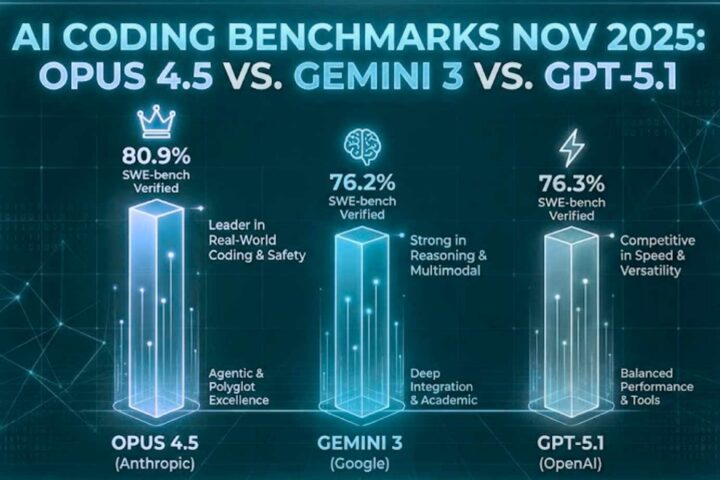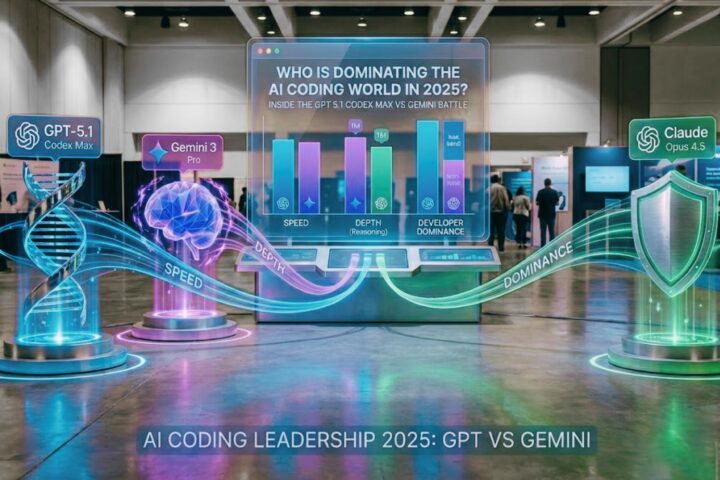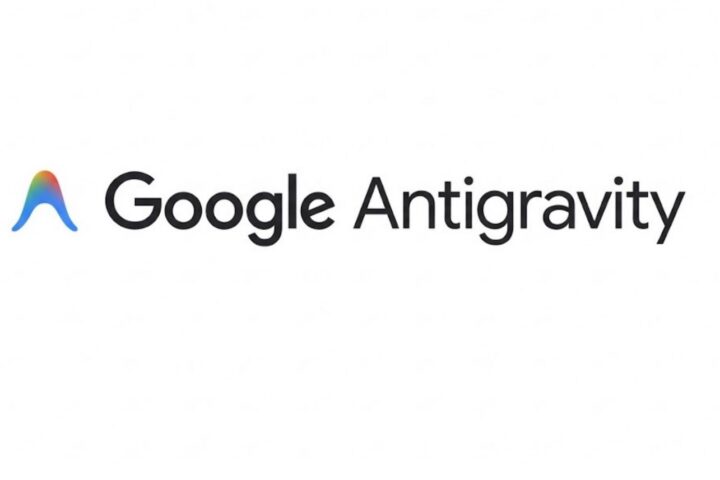ERP and CRM systems use different approaches to increase profitability. ERP focuses on reducing overheads and cutting costs. By making business processes more efficient, ERP reduces the amount of capital spent on those processes. CRM works to increase profits by producing greater sales volume.
What is an ERP (Enterprise resource planning) System?
Enterprise resource planning (ERP) is a form of business management software. It combines applications that were previously separate. It is actually one single system, but the word “enterprise” in the name makes clear that companies deploying this type of system may have only one such system, or may have multiple systems that are combined into a larger, integrated platform in which there is no need for redundant data entry.
ERP solutions are not typically designed with any one industry in mind, but instead can be implemented to benefit companies across a wide range of industries and sizes.
What is CRM (Customer Relationship Management)?
Customer relationship management (CRM) is a term used to describe any software system designed to efficiently manage customer interactions. The focus of CRM is on maintaining and building key customer relationships through improved management of communication and customer support. Productivity is another major focus, with qualified customers likely to become repeat customers.
CRM is part of the broader customer service industry, a component of the broader business process outsourcing industry. CRM software is closely linked with supply chain management, which is also a key component of the business process outsourcing industry.
Is ERP the same as CRM?
No. ERP is an umbrella term that includes CRM applications as just one component. To better understand the differences between ERP and CRM applications, it helps to look at the history of ERP and CRM.
ERP has been around longer than CRM. The term was first used by SAP in 1984 and refers to the idea of bringing multiple applications into a single system. SAP and IBM were both early-adopters of ERP technology, which has since been adopted by numerous other vendors, including Oracle, Microsoft, and Salesforce.com.
CRM applications were more recent to development. The term was first used in the mid-1990s, rounding out the acronym to “CRM.” CRM is focused more on business-to-customer relations between a business and its customers. It helps companies improve customer retention, which can produce greater profitability by reducing the cost of acquiring new revenue.
The Difference between an ERP and CRM System
ERP systems focus on integration with existing business applications. They include customer relationship management software and supply chain management software. ERP is less of a standalone system: it does not try to handle everything and use customized processes. Rather, ERP functions as an umbrella term to encompass disparate applications, generally designed to provide greater efficiency and information retrieval on business operations.
CRM systems are focused on building and maintaining specific customer relationships between a business and customers. These systems can be useful for the entire length of a customer relationship, from acquisition through acquisition and up to repeat purchases.
CRM Systems vs. ERP Systems
The comparison between CRM and ERP systems is a popular one. A CRM system uses multiple software components to allow businesses to better manage their interactions with customers. There are many components to a CRM system – apart from customer relationship management, the system can include supply chain management and customer service software. Notably, a CRM system may not involve integration with existing business systems. By contrast, an ERP system is an umbrella term that encompasses numerous applications. It offers increased compatibility and easier data retrieval for business processes. As with CRM systems, there can be multiple components of an ERP system, but they serve different purposes: some are ERP specific, while others are designed to provide a more efficient customer experience.
ERP and CRM Systems: What are the key differences?
The key difference lies in the different applications each system can provide for business management. While some ERP systems provide customer relationship management, this is not the focus of a CRM system.
ERP systems include multiple applications, typically designed to work in conjunction with each other. These can include supply chain management and customer relationship management (CRM) among others.
ERP provides increased efficiency in managing core elements of a business, and can include specialized applications designed to improve processes like accounting, inventory management, storage, supply chain management, marketing, sales, payroll, project management, and business intelligence. These integrated systems decrease redundancy, make data retrieval easier, and provide a more useful set of information for decision makers. Originally, these were designed for big-business management, but now come in multiple sizes for businesses of all sizes.
CRM systems focus on managing customer relationships with a business. These systems may be stand-alone, or they may be part of an ERP system. CRM uses communications technology to improve customer retention and build customer loyalty.
CRM provides an ability to grade customers based on buying patterns, product preferences, and service requests. It allows companies to personalize interactions with each individual customer. CRM systems are designed to automate routine activities to free up time for more critical processes. CRM systems combine customer relationships, customer service, sales, and customer support. Examples of system components are an e-business platform, marketing, sales, service, and system provider management.
With respect to the market, ERP has primarily been deployed in large organizations, particularly manufacturing, wholesales and financial services. CRM on the other hand has been specifically geared towards niche markets including, small and medium business, manufacturing and services.
Both Systems have a Global Market!
The demand for ERP systems and CRM is significant, and it’s global in scope. While the majority of the ERP systems are used for large and mid-range companies, the CRM demand is far more noticeable in SMBs, i.e. small and Medium-sized businesses. The demand for both ERP and CRM systems has registered high over the years and will continue to increase in future.











